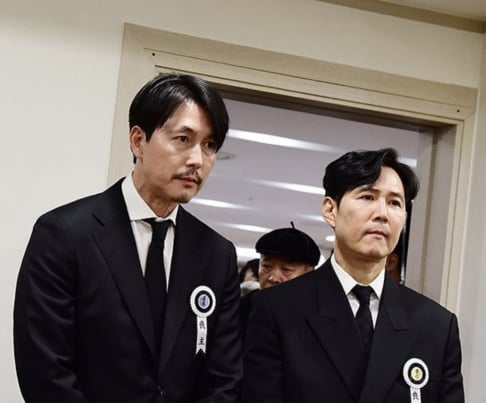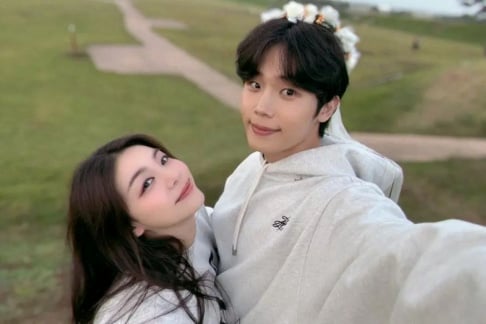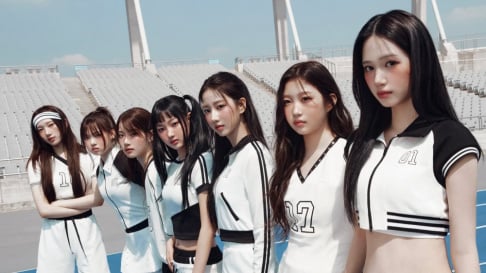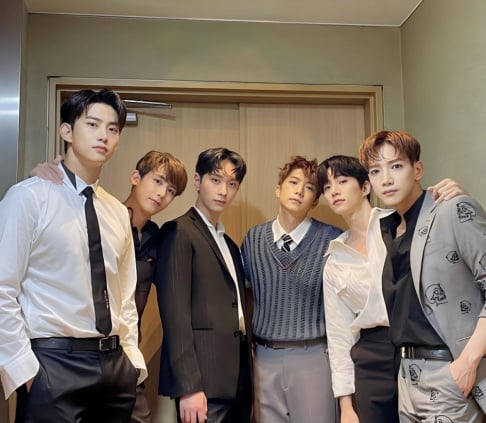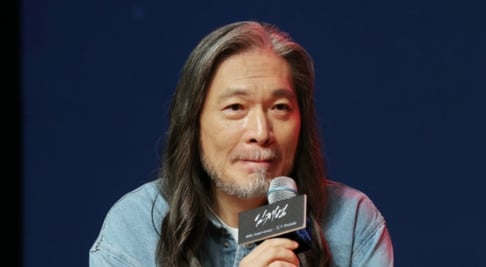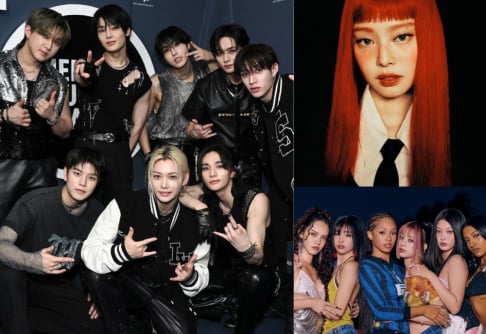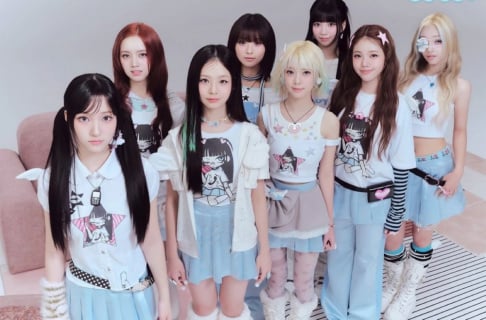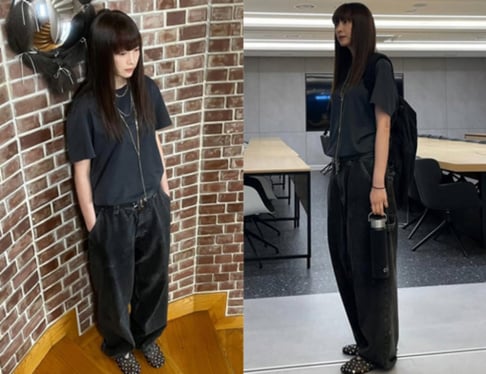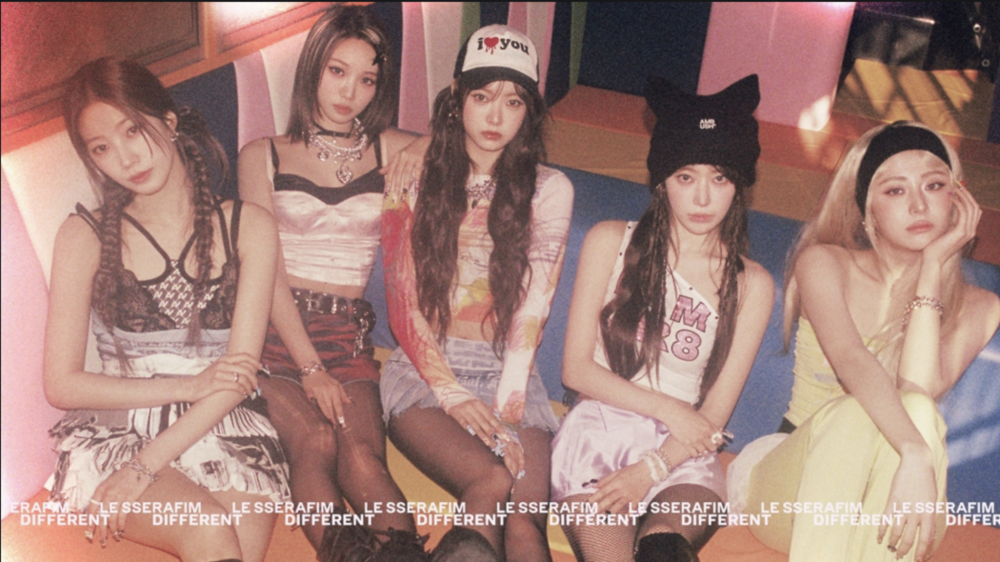
Okay, we get it — as fans, we’re supposed to stay loyal to our groups. But does loyalty mean blindly loving every single release? That’s the question currently dividing fandoms across the K-pop world.
The latest spark in this ongoing debate is LE SSERAFIM’s “Spaghetti.” The track has fans and netizens split: some praise it as bold, experimental, and refreshingly different, while others compare it to KATSEYE’s “Gnarly,” calling it a jumble of random sounds and meaningless lyrics stitched together.
But this isn’t an isolated case. In the latter half of this year, more and more fans have voiced disappointment with new releases. MYs expressed that aespa’s “Rich Man” and “Work” fell short of expectations, failing to capture the same magic as “Supernova” or “Armageddon.” ATINYs have echoed similar sentiments about ATEEZ’s “Lemon Drop” and “In Your Fantasy.”
It’s understandable — not every song will appeal to everyone. Yet through these mixed reactions, a bigger question keeps resurfacing: is K-pop losing its signature spark?
Of course, this discussion isn’t new. Ever since K-pop went global, longtime fans have noticed a shift. Compare today’s releases to the colorful chaos of the 1990s and early 2000s, and the differences are stark. English lyrics now dominate many songs — some even being released entirely in English. The vibrant, eccentric visuals that once defined the genre have given way to sleek, minimalistic aesthetics. Remember T-ara’s “Bo Peep Bo Peep” stage outfits? That kind of playful boldness feels almost nostalgic now.
Whenever this conversation resurfaces, social media fills with divided opinions. Some fans get defensive, arguing that groups are simply exploring new sounds and pushing artistic boundaries. Others, however, believe it’s okay to call out when something doesn’t land — because not every experiment works. And they’re right. There’s no harm in saying you don’t like a song. Being a fan doesn’t mean you have to love every track your favorite group releases.
Let’s be honest — not every comeback is a masterpiece. Some songs sound rushed or overly trendy, more like attempts to stay in the spotlight than genuine creative expressions. But that’s not a betrayal of fandom; it’s just honesty.
At the end of the day, disliking a song doesn’t make you any less loyal. In fact, honest feedback can inspire artists to evolve, refine their sound, and push boundaries in meaningful ways. K-pop has always thrived on reinvention — styles, concepts, and trends are constantly changing.
So maybe it’s time to embrace a simple truth: you can love a group deeply without loving every song they release.
SEE ALSO: aespa faces criticism over their '2025 MMA' red carpet outfits
 SHARE
SHARE



